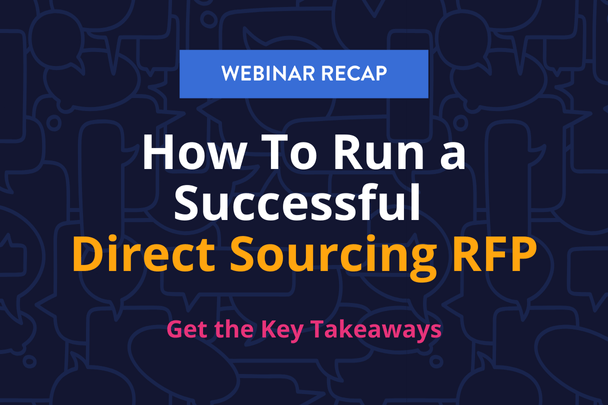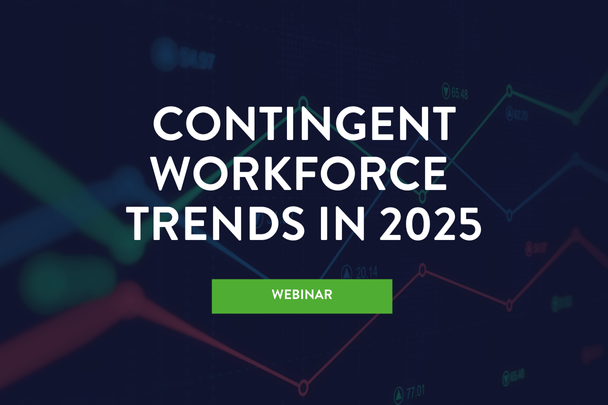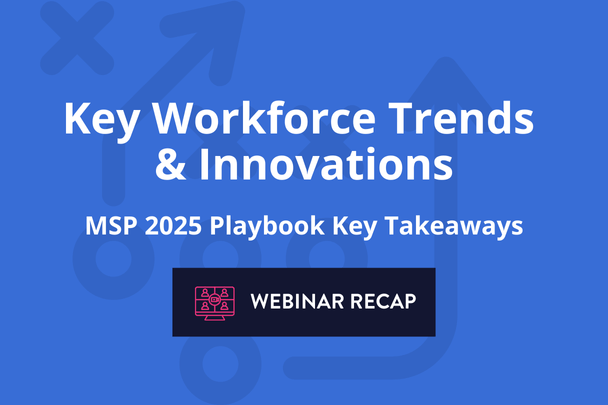‘Tis the season – that time of year for performance reviews.
For almost eight decades, companies have participated in the ritual of annual appraisals for performance management. But while it may be a tradition that has stood the test of time, how well is this practice helping to boost team productivity and empowering employees? Let’s take performance reviews to the next level, and inject some fresh energy into this yearly routine!
Consider these tips for more meaningful performance reviews:
1. [Re]define the purpose
The basic goal of a performance review is to assess work accomplishments, document opportunities for improvement, and set goals for future development. But who wants to be basic? Take the time to build purpose into the process by communicating company goals and linking them to employee goals.
Many companies also offer bonuses or increases at review time. Some research has shown that combining compensation with the review process dilutes the content of the assessment and recommends that conversations about money and performance are kept separate. What is best for your company? Once you [re]define the purpose of your performance reviews, aligning your organizational and people strategy, this should become clear.
2. Make it monthly
Many employees report that the dread of performance reviews is mainly due to not knowing what to expect, worried that they may find out they have been doing a terrible job at work for the past few months. One way to alleviate this anxiety is to communicate with your team frequently – the end-of-year annual review should not be the only time you are connecting with your employees to discuss their performance.
Turn the annual review into more regular check-ins. Encourage managers to establish a monthly review with direct reports to establish rapport, build trust, and create a space to ensure that they are on the same page about performance and goals. A great structure for these meetings is to have employees prepare and present each month 2-3 examples of the following:
- Accomplishments, otherwise known as “wins”
- Challenges faced and opportunities for improvement
- Areas for personal development (or ideas for team improvements)
This last section is particularly important especially given recent surveys that confirmed the number one reason why people leave a company is due to a lack of career development. Take the time to listen to your employees and discover what they are struggling with, and what they are excited by, and help facilitate their growth in these areas.
Through this process, the relationship you build can help prevent employees from feeling distressed about their annual review. It will also ensure they have all the monthly information as a reference when completing the end-of-year documentation. Making it monthly reduces the chance for performance management “surprises” which is a very good thing.
3. Give the gift of feedback
One of the most important skills for a people manager is the ability to effectively provide feedback. Hands-on training and workshops where managers can role play scenarios and how they would respond are key to building confidence in leaders who are able to communicate clearly, quickly, and directly when there is a performance issue. This also helps genuinely acknowledge and celebrate when a job is done well.
Feedback is a gift. Consider the impact of not communicating concerns over poor performance — it is not helpful to you, your employee, the team, or the organization. Giving feedback is giving your employee the opportunity to grow, learn, and improve. Establishing the skills to give good feedback and building a solid relationship with your team is essential to your words being received as a gift.
It has been nearly a hundred years, and the annual review has continued to be a performance management tool for many companies. As the world of work and employee needs change, so will this process continue to evolve. Performance reviews shouldn’t just be a box to check off at the end of the year – there are ways to make it more meaningful, all year round.











